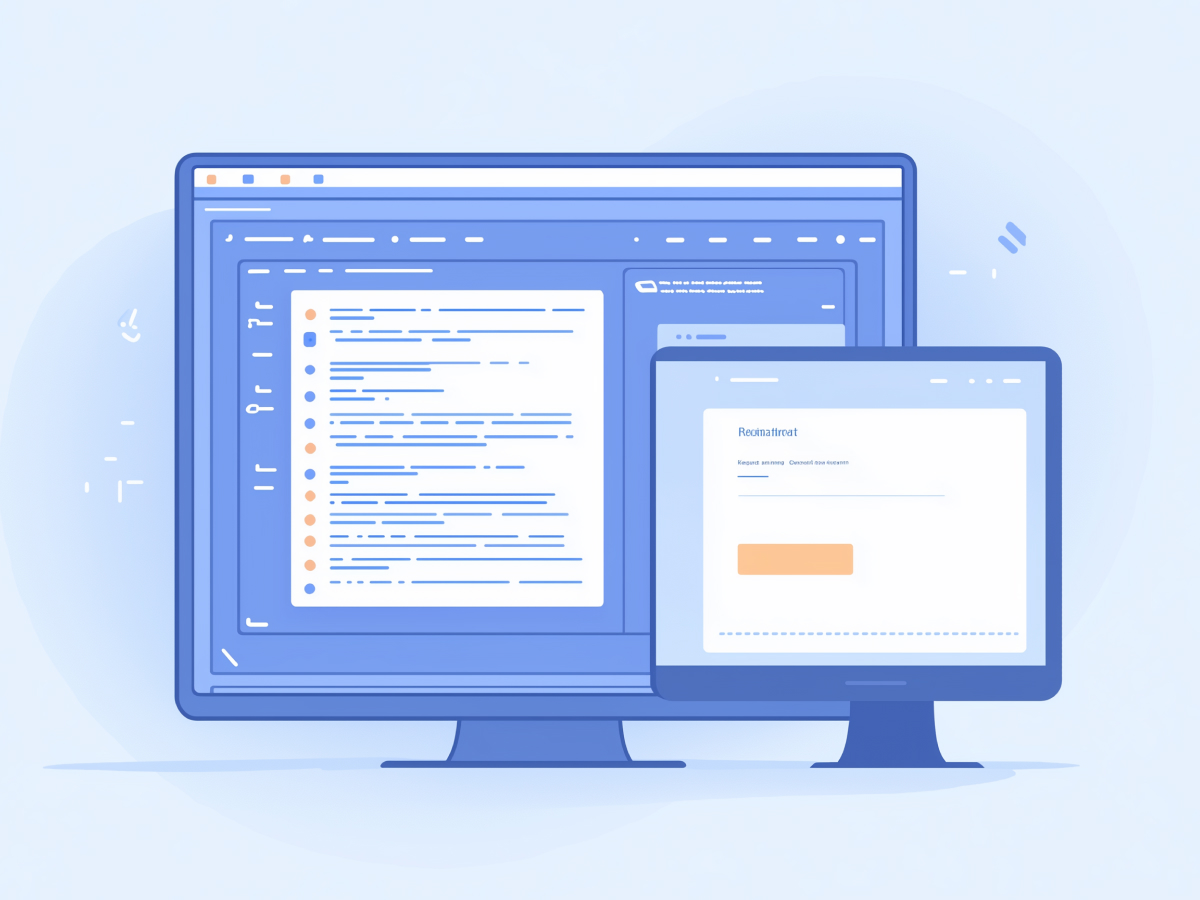Enterprises face the dual challenge of making data readily available to users while protecting and complying with strict data governance policies. As data volumes grow, the task of managing it in a way that adheres to both accessibility needs and regulatory requirements becomes more complex. Maintaining this balance is imperative for businesses to operate within legal frameworks while still leveraging their data assets for operational effectiveness.
Organizations no longer have the luxury of a one-size-fits-all storage solution; they must work with a variety of storage options, each tailored to specific performance criteria, access needs, and budget constraints. Choosing the right storage solution at the right phase of data lifecycle not only involves financial considerations but also impacts operational efficiency. Frequent migrations and transitions between these diverse storage options introduce high costs and operational disruptions, affecting user productivity and workflow continuity.
With the development of AI and machine learning, enterprises are generating more data at unprecedented rates. These technologies drive the need for comprehensive data management systems that can handle increased volumes and complexity. AI and machine learning workflows demand that data be moved from economical, lower-performance storage into more costly, high-performance systems that are capable of handling intensive processing tasks. Managing this escalated data flow without impairing system performance represents a substantial challenge for IT infrastructure.
The role of data orchestration
Data orchestration refines the management of data across diverse storage platforms, automating the placement of files to meet workflow demands without interrupting users. This process involves sophisticated algorithms and policies that assess the performance requirements and storage costs to determine the optimal location for data at any given time. The goal is to maintain high availability and access speeds while minimizing costs and adherence to compliance standards.
Hammerspace has introduced a software-defined data orchestration and storage solution that improves the flexibility and scalability of data management systems. Its technology lets organizations manage their data environments dynamically, giving access to files across global infrastructures. Hammerspace’s solution supports a broad array of storage types and integrates them into a cohesive system that operates transparently across geographic locations, cloud environments, and on-premises data centers.
Consumer vs. enterprise data access
Consumer technology sets a high standard for data access, providing users with a simple experience across devices. Users of smartphones and tablets expect to access their files instantaneously, without needing to understand the complexities of where or how their data is stored. Enterprise users often expect similar accessibility, which presents a challenge in corporate environments where data and systems complexity far exceeds that of personal devices.
Data gravity — the concept that large amounts of data can be expensive and complex to move — poses a significant challenge in environments where data must be dynamically aligned with the most cost-effective and efficient storage solutions. For enterprises with data distributed across multiple geographic locations and cloud environments, the logistical and financial implications of moving large data sets can outweigh the benefits, complicating the management and scalability of enterprise data architectures.
Need for automated data orchestration in enterprises
Many enterprises still operate within highly siloed IT infrastructures where data is locked into specific storage systems or platforms. These silos create barriers to efficient data access and management, leading to operational inefficiencies and increased costs. Disruptions occur when data must be accessed or moved across these siloed systems, affecting the overall productivity and agility of the organization.
Automated data orchestration addresses these challenges by providing a transparent system for managing data across multiple storage platforms without disrupting user access or application performance. With automated orchestration, data can flow freely between systems as needed, guided by intelligent policies that optimize for cost, performance, and compliance requirements. This improves operational efficiency and the agility of businesses to respond to changing market conditions and technological advancements.
Global metadata
Global metadata management transforms how data is accessed and utilized across disparate storage systems. Hammerspace’s approach consolidates file metadata in a unified global namespace, making it appear to users that their files reside locally, regardless of their actual physical location. This abstraction simplifies user interactions with data and increases productivity by removing the complexities associated with accessing files stored in different locations or on different storage media.
Implications for AI and machine learning
Effective data orchestration is instrumental for AI and machine learning applications, which require rapid and reliable access to large datasets. The ability to orchestrate data efficiently eliminates the need for creating new, centralized data repositories every time an AI model needs to be trained or updated. Instead, AI and ML algorithms can access and process data from wherever it resides within the infrastructure, greatly speeding up the time to insight and reducing the overhead associated with data management.
The future of data orchestration
Automated data orchestration is a huge opportunity for how enterprises manage their data. When removing the inefficiencies associated with siloed data environments, organizations can reduce operational costs and improve storage utilization. More importantly, they can increase their agility, letting them respond more quickly to market changes and technological advances. The adoption of automated data orchestration systems like those provided by Hammerspace represents a forward-looking approach that promises to streamline data management in increasingly complex IT environments.





